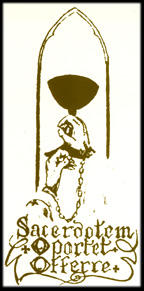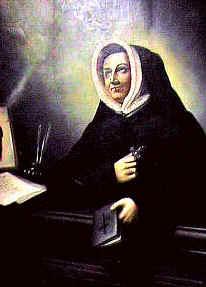
Canada has a chequered past when dealing with its internal struggle for unity amongst a diverse population of both British and French immigrants in the 19th century. And it was in 1837 that an unsuccessful uprising by the French sector was severely dealt with by British soldiers. So even though a new proposal in 1867 would make Canada a dominion which still owes its allegiance to the Crown, this proposal did not meet with everyone’s approval.
After much negotiations a new province would join the dominion, that of Manitoba, but the French provinces were still feeling very discontented, and under the leadership of Louis Riel, they make their feelings known through rebellion. Unfortunately for Riel this would lead to his demise and he was later hanged for treason! But though Canada struggled with its internal quest for validation of both British and French colonies it would eventually become a constitutional monarchy, which maintains its separateness’ from Britain whilst retaining the British Monarch as its figure head.
But it is in 1897 that Dina Belanger was born to parents Olivier and Seraphia Belanger on a cool and crisp day in the month of April. Dina's parents were both very devout and taught their young family from a very young age the importance of their Faith and of pleasing Jesus.
Dina from a very young age showed herself to be extraordinarily gifted when it came to music but Dina was also a precocious child given to tantrums with a very strong will. But her loving parents were able to harness this determination and guide their beloved daughter to look beyond herself and focus her attention on pleasing God, rather than herself. But tragedy was also to strike the Belanger home when Dina's baby brother was to die at only a few months old, this brought much heartache to Olivier and Seraphia.
To cope with their loss, Seraphia threw herself into charitable works and was often accompanied by her daughter Dina, as she visited the sick and destitute bringing with her much needed food and compassion. But Dina was a handful and in an effort to cure their volatile daughter of her temper tantrums, both parents would often mimic Dina, thus making her feel ashamed of her bad behaviour.
But it was one night when the young Dina dreamt of being visited by Jesus, this dream would impact on Dina's life as it seemed most real to her. But trouble was to once again pursue this devout family, when like many others of that time, a financial crisis hit the family, and both her parents were distraught at having lost all their life savings.
But due to her gift for music both Olivier and Seraphia sent their daughter to New York, where after completing her studies she planned on becoming a concert pianist. But the course of Dina's life was to take her in another direction, and upon returning home she decided to enter the Congregation of Jesus and Mary at Sillery and took her final vows in 1923. Upon taking her Vows she would then be known as Sister Marie Sainte Cecile, and to Dina was given the task of teaching the pupil’s music.
But deep within Dina lay the heart of a mystic with a deep and abiding love of God and prayer, which would underlay her Religious profession as she drew closer to our Lord and Savior. Though Dina led a humble life, still she suffered illness but offered up this pain with meekness and for the suffering of others.
Dina Belanger though a Mystic, led a very hidden life and it is through her diaries that one gains a deep insight into the workings of God upon a soul in order to perfect it, as Dina was perfected into the Divine Will. So that no longer she lived but Christ lived within her.
Her deep love and devotion to our Lord and Blessed Mother was an inspiration to all she met and Dina was to instil in many the love she found in God and how much God can work within a soul to transform it.
Dina Belanger died in 1929 at only 32 years of age.
Dina was Beatified in 1993 by Pope John Paul ll.
Peace of Christ to ALL
Copyright © 2005 Marie Smith. All rights reserved.

